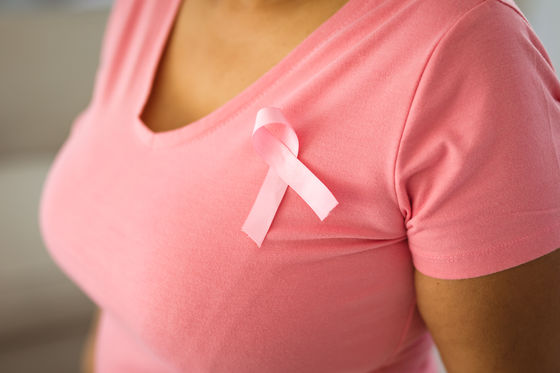A 10-year follow-up study of 500,000 people found that 'people with high dairy intake are more likely to get cancer'

Dairy products such as milk and cheese are high-quality protein and calcium-rich foods, but much of the research and research on dairy products and health was conducted in Europe and the United States, where few people are
Dairy consumption and risks of total and site-specific cancers in Chinese adults: an 11-year prospective study of 0.5 million people | BMC Medicine | Full Text
https://bmcmedicine.biomedcentral.com/articles/10.1186/s12916-022-02330-3
Dairy products linked to increased risk of cancer | University of Oxford
https://www.ox.ac.uk/news/2022-05-06-dairy-products-linked-increased-risk-cancer
Several studies have been conducted on dairy products and cancer, but while some studies have shown that eating dairy products reduces the risk of colorectal cancer, it also shows that the risk of prostate cancer may increase. , No consistent evidence is available. In addition, the relationship between dairy products and health is unknown in areas where dairy products are consumed less than in Europe and the United States, and there are many people who cannot properly digest lactose.
To eliminate this scarcity of data, a research team consisting of researchers from Nuffield College in Oxford University in the United Kingdom and Peking University in China has been targeting people registered with the China Cudley Biobank (CKB) . I conducted a study to investigate the relationship between eating habits and the incidence of cancer.

Participants in the CKB are 512,726 Chinese with no history of cancer living in 10 regions across China, aged 30-79 years, with a male-female ratio of 59% female and 41% male. Each participant was asked how often they ate 12 major foods, including dairy products, rice, meat and fish.
To summarize the results of this questionnaire, 20% of the participants were 'people who regularly consume dairy products at least once a week', 11% were 'people who consume dairy products every month', and 69% were 'milk'. People who take little or no product. ' In addition, the average daily intake of dairy products for all participants was 38 g per day, and 81 g per day for those who regularly consume dairy products. For reference, the intake of dairy products by British people is about 300g per day, and that of Japanese people (PDF file) is
The research team also obtained cancer diagnosis data, such as from health insurance records collected during an average follow-up of 11 years. In addition, when analyzing, age, gender, area of residence, cancer history of family, socioeconomic status such as income and education, lifestyle factors such as smoking, exercise amount, alcohol intake, obesity degree, liver cancer We also took into account a wide variety of factors that affect cancer risk, such as the status of hepatitis B virus infection that affects it and the birth history of women that affect breast cancer.
The research team analyzed these data and found that 'people who take dairy products at least once a week have a significantly higher risk of developing liver and breast cancer.' Specifically, for every 50g of daily intake of dairy products, liver cancer increased by 12% and breast cancer increased by 17%. It was also associated with an increased risk of lymphoma, albeit less significantly. On the other hand, other than liver cancer and breast cancer, none of the cancers analyzed were related to dairy products.

Liver cancer and breast cancer are both one of the most common cancers in China, with about 390,000 and 368,000 Chinese having these cancers each year, respectively. Also, the study found a link between dairy intake and cancer risk, but did not prove a causal relationship such as 'eating dairy products causes cancer.' ..
However, some hypotheses have been put forward to explain the link between dairy products and cancer. For example, high intakes of dairy products can increase levels of insulin-like growth factor 1 (IGF-1). IGF-1 is a substance that promotes cell proliferation and is associated with an increased risk of multiple types of cancer. In addition, saturated fatty acids and trans fatty acids contained in dairy products may increase the risk of liver cancer, and people with insufficient lactase that breaks down lactose ingest dairy products to develop cancer. There is also a theory that substances that affect it are being generated.
Although the study reveals a link between dairy intake and cancer risk, researchers are cautious about whether dairy should be avoided. 'The results show a direct link between regular dairy consumption and specific cancers,' said Huaidong Du, associate professor of the University of Oxford's Mineral Health Department, one of the leading authors of the paper. It's a suggestion, but it's also true that dairy products are a source of protein, vitamins, and minerals. Looking at the results of this study, even though the intake of protein, vitamins, and minerals is not sufficient. It would not be a good idea to refrain from dairy products. '
In addition, the following article contains advice on 'what food should I choose to get milk nutrients without drinking milk'.
How 'people who can't drink milk' get the nine nutrients of milk efficiently-GIGAZINE

Related Posts:







